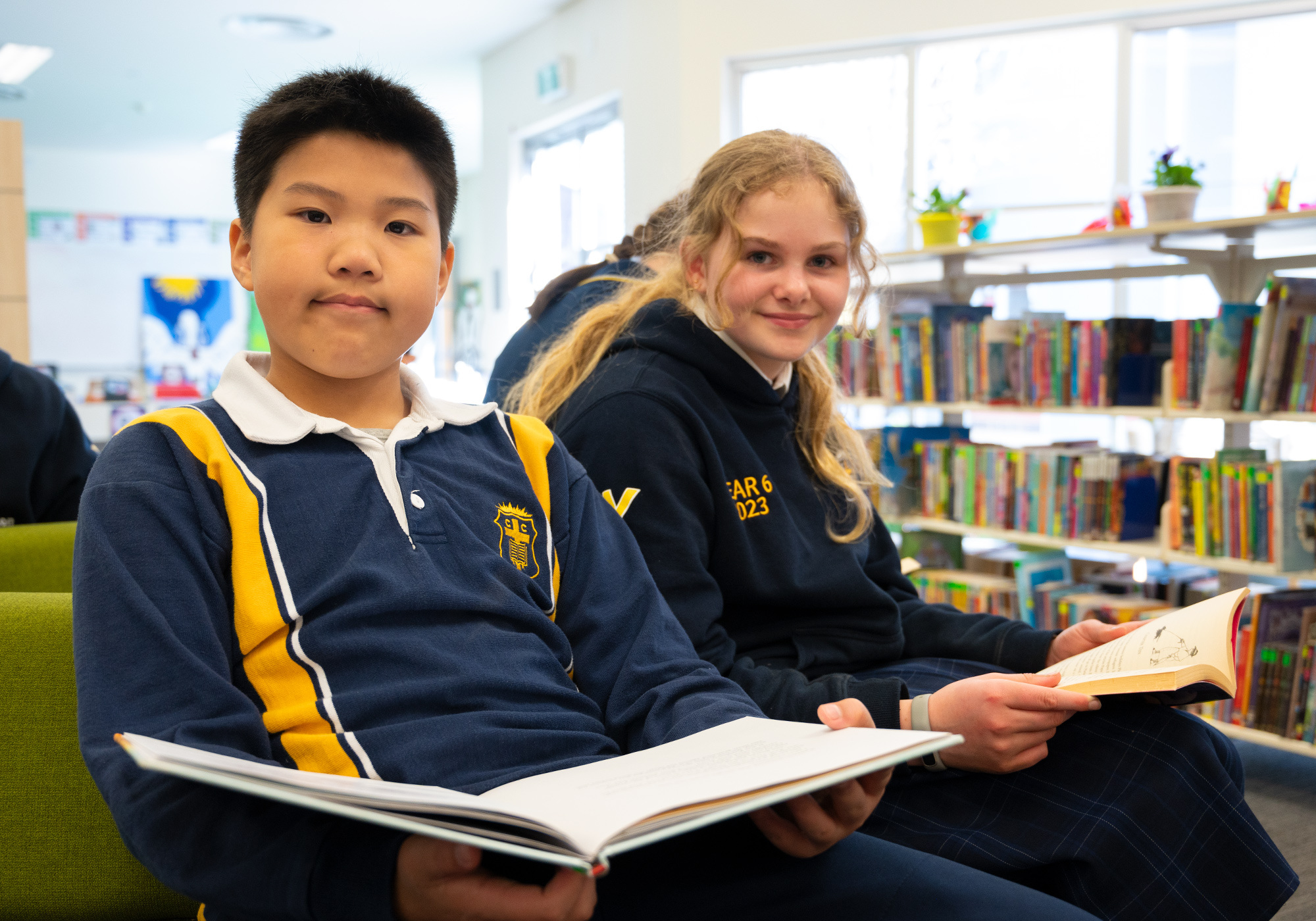It is generally accepted that reading for pleasure is a 'good thing to do'. In our Concordia College libraries, we wholeheartedly believe this to be true, but also think that the 'who' and 'what' of these benefits is worthy of further consideration.
The transition from primary school to high school sees a marked drop in young people’s engagement in reading for pleasure, both in terms of attitude towards reading and time spent reading. The reasons for this drop are multitudinous and complex, but it is important to note that reading being less important or beneficial for this age group is not one of the reasons. Indeed, research shows that reading for pleasure is beneficial for all age groups from young children right through to the oldest members of our society.
So, what are the benefits of reading for pleasure? Often the academic benefits of reading are the primary focus of the discussion, and it cannot be denied that reading has a well-documented correlation to improvement in a student’s vocabulary, comprehension skills, written and verbal fluency, and their general knowledge. These benefits are often reflected in a student’s academic results and in standardised tests, including those from which PISA data is drawn.
However, the benefits of reading extend far beyond the classroom. A number of studies have shown that those who regularly engage in reading for pleasure experience a range of social, civic and economic benefits. Reading for pleasure also, and perhaps most importantly, has positive wellbeing outcomes. Regular reading for pleasure is linked to a reduced risk of depression and improvements in self-esteem, coping strategies and general satisfaction with life. Reading for pleasure can also have a positive impact on sleep and strong social connections.
In short, reading definitely is a 'good thing to do' and not just to improve grades. A strong reading culture, in schools and homes, will make for a happier, healthier and more empathetic and engaged society.
Parents and caregivers have tremendous influence on children as readers. “One way parents can influence their children to read is through modeling keen reading” (Merga, 2023). Time you spend reading for pleasure supports your child to know that reading is a pleasurable activity that people choose to do – not something someone makes them do.
As you prepare for Book Week and put the finishing touches on costumes, take some time to talk with your child about books you have enjoyed reading now and in your childhood.
If you would like to read more about the benefits of reading for pleasure, here are a few great sources to get you started:
- du Sautoy, T. (2021). The benefits of reading for pleasure. InnovAiT, 14(5), 325–330.
https://doi.org/10.1177/1755738020986825 - Galaxy Quick Reads. (2015). Reading between the lines: The benefits of reading for pleasure. The Letterpress Project.
www.letterpressproject.co.uk/media/file/The_Benefits_of_Reading_for_Pleasure.pdf - Merga, M. (2023*) Creating a Reading Culture in Primary and Secondary Schools. (To be published)
- Howard, V. (2011). The importance of pleasure reading in the lives of young teens: Self-identification, self-construction and self-awareness. Journal of Librarianship and Information Science, 43(1), 46–55. https://doi.org/10.1177/0961000610390992
Hajnalka Molloy
Learning Resources Manager
Jess Smith
English Teacher and Library Assistant


